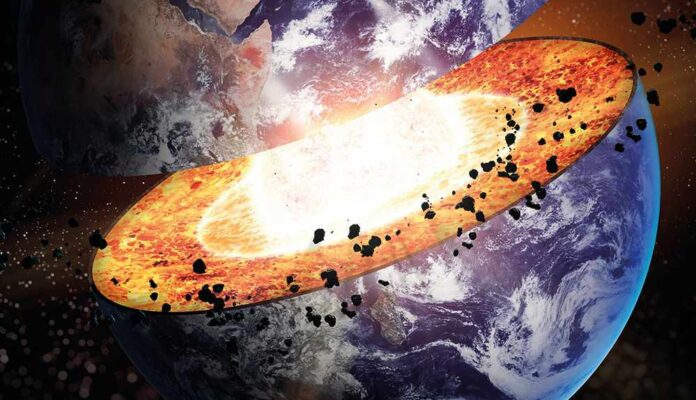Doing science projects is a great way to increase your child’s awareness of the world around them. Science is everywhere. Therefore, there are many concepts about our planet that have not been studied scientifically. There are still many opportunities to learn! In addition, by being attuned to the world around us, children can ask questions and learn to find answers for themselves. A child can develop more than just scientific knowledge through curiosity. As a parent, it is your responsibility to ensure that these learning opportunities are available to your child and to support your child in seeking answers.
The world of science is huge. Everything from the air we breathe to the insects we observe are subcategories of scientific disciplines. Here are some examples of the scientific categories we see most often. As you learn about the different fields of science, you may find it easier to figure out how to use science projects to increase the richness of scientific principles.
Life Sciences – Life Sciences is the study of life on Earth. In Life Sciences, you learn about the smallest molecules and the behemoths that roam the planet. Life scientists study genetics, development and evolution to try to understand how we got to be the way we are and why we behave the way we do.
Earth Science – Earth science involves the study and observation of the land, ocean, and atmosphere. Geology and oceanography are two of the most popular subjects within the earth science category. However, there are also scientists who study soils, caves, glaciers and even parts of the earth we cannot see, such as the air we breathe.
Physical Science – Physical science deals with the energetic properties of non-living matter. This includes areas of study such as physics, chemistry, and astronomy. Many would argue that natural sciences and earth sciences are very similar as some would classify the earth’s dirt and sea water as nonliving.
Many parents doubt their own abilities and worry whether they will be able to develop their children’s science skills. You don’t have to be a rocket scientist or physicist to help your child succeed in school and throughout life. The information you need comes in many different forms, you just have to work hard for it.
